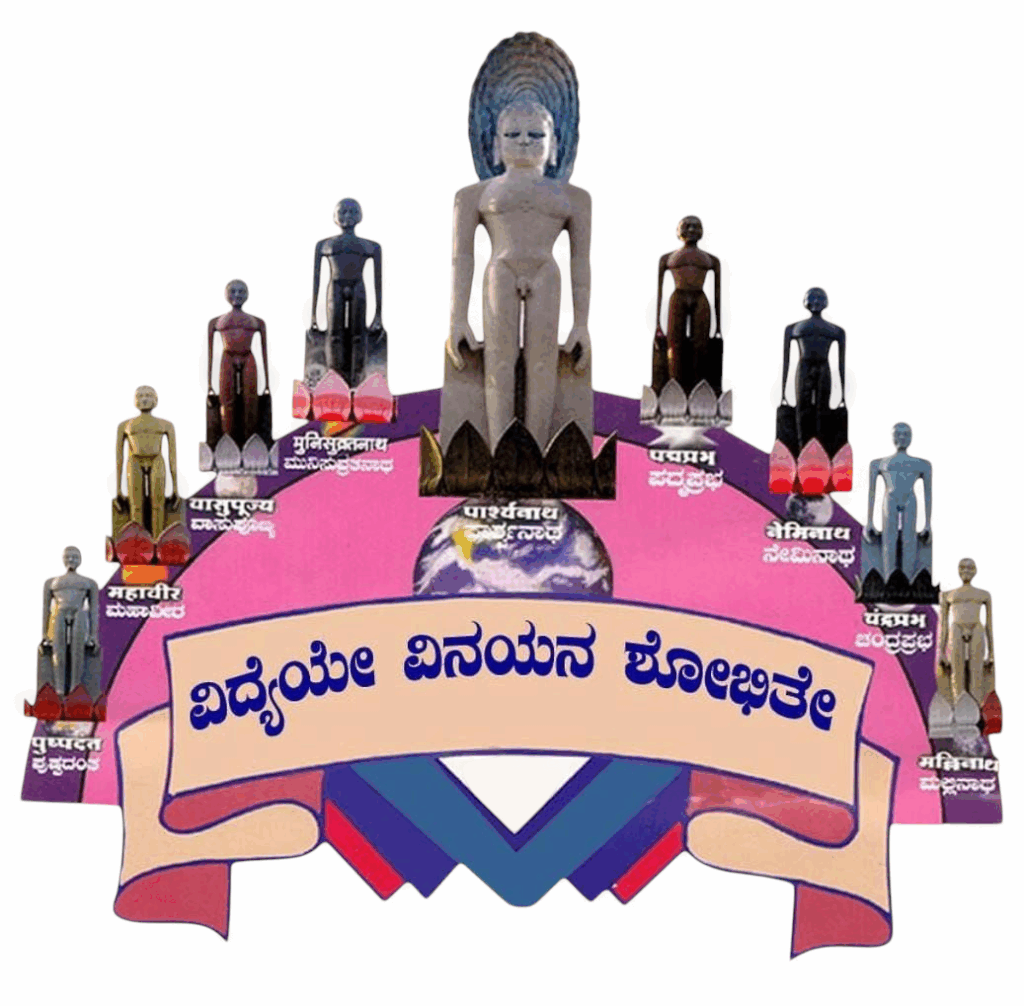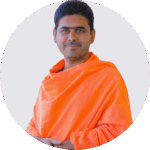DEPARTMENT OF ROG NIDAN AVUM VIKRITI VIGYAN
About the Department
Roganidana evam Vikruti vijnana is a key subject that trains the students to apply knowledge of fundamental principles of Ayurveda to practice by understanding disease, patient interaction, drawing prognosis. Department of Roga Nidana contributes to the field of aetiopathological and clinico pathological studies in several diseases. This subject is meant for postulating principles of Ayurvedic Diagnosis at clinical as well as laboratory level. It is the chief subject that connects the physician with patient and then to medicine. Proper understanding and diagnosis of disease is the successful step towards treatment.This department is involved in various laboratory diagnostic investigations and pathological tests for patient’s care.
Facilities and Infrastructure:
The Department has well experienced enthusiastic teaching faculty, lab assistants, Teaching Laboratory and Clinical class room.
Departmental laboratory is well equipped to provide students for hands on training of the lab procedures. Sufficient instruments, reagents and faculty for smooth conduction of sessions.
To develop diagnostic skill, we have laboratory with automated machines. X-ray, ECG units.
Departmental Museum has preserved pathology specimens with charts and models.
Apart from this, the department mainly deals with the subject that helps the students to know the fundamentals of a disease in terms of aetiology of the disease, clinical features, pathogenesis and prognosis and the means to examine the diseased individuals.
Department library has sufficient reference book, journals and magazines of ayurveda as well as other conventional system of medicines.
Academic and co curricular activities:
Provide knowledge regarding basic concepts of roga nidana and basic concepts of modern pathology.
Perform bedside clinical examination and for improving the skill of history taking by demonstrations and its practice on patients
Laboratory training: Help to understand various steps involved in performing laboratory investigations and its clinical importance.
Case Studies: The department focuses on understanding the pathogenic mechanism and clinical presentations of various Diseases.
Practice the tools of investigations like USG, X- ray, ECG, CT etc.
Health camps: Organising medical and health check-up camps to promote Ayurvedic practices and offer healthcare services in rural areas.
Educational programmes: Conducting awareness programmes in schools to educate the public about Ayurveda and its benefits.
Hospital and Laboratory visits: Arranging visits to various institutes like Blood banks, ART centres and Laboratories.
Research : The department encourages research areas like strengthening Ayurvedic concepts with scientific technology and developing new diagnostic tools.



